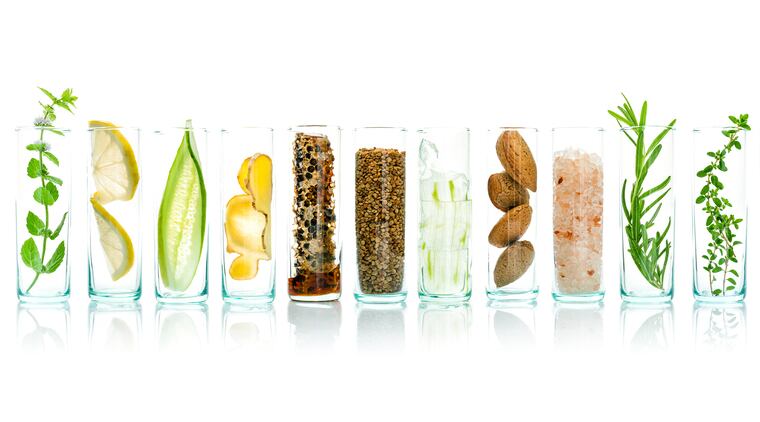Time for change: AI firm targets Japan’s ‘traditional’ seafood sector with traceability tech
Amid dire warnings for the future of Japan’s ‘traditional’ seafood industry, a Canadian artificial intelligence firm is seeking to launch its traceability tech in the country after winning a coveted trade contest.
Founded in 2017, ThisFish has developed Tally to help digitise the seafood supply chain and bring more traceability and transparency to the global seafood industry.
The firm has serviced clients in Canada, US, Latin America, the Philippines, Thailand and is now keen to work with seafood processors in Japan dealing with popular products such tuna and yellowfin.
“Japan is the second largest market for seafood after the United States. Seafood is also a very important identity and culture of Japan,” said Eric Enno Tamm, CEO and co-founder of ThisFish.
Show us the science: Japanese firms told to prove product safety to gain new packaged food licensing exemptions
The Ministry of Health in Japan has urged local food manufacturers to provide scientific evidence and proof of their products’ food safety credentials if they want to take advantage of new licensing exemptions for 17 food categories.
Japan’s Ministry of Health, Labour and Welfare (MHLW) recently announced that 19 new types of processed food products undergone successful reviews by the ministry and been designated exempt from the need to apply for and obtain a specific sealed packaged food manufacturing license from the prefectural governor.
This sealed packaged food manufacturing license applies to businesses producing foods that are sold in a sealed packaged format but do not need to be frozen or refrigerated, due to a potential risk of developing microbial contamination e.g. by Clostridium botulinum or the botulinum toxin.
Sensory swaps: Could healthier products with similar mouthfeel, taste and texture replace discretionary foods?
Nutritional interventions that increase the intake of healthy foods with a similar sensory profile and mouthfeel to discretionary products could help improve diets in Australia, with new modelling showing promising results for sweet tastes and fat textures, but less so for saltiness.
Almost all (98%) Australian adults report consuming discretionary choices, and these foods contribute over one third of an adult's daily energy intake.
The amount of discretionary choices consumed by Australian adults is more than double the recommended amount in the Australian Dietary Guidelines.
However, writing in the journal Appetite, researchers argued that the sensory drivers of food choices are seldom addressed in nutrition interventions.
“There are many drivers of food choice, such as convenience, health, social influences, personal values, cost and taste. The taste of food (as a colloquial term for sensory properties) is a key consideration for people in nearly all food and drink settings.”
No link between green tea intake and depression symptoms among Japanese working population - study
Evidence from the Furukawa Nutrition and Health Study in Japan found no association between green tea consumption and symptoms of depression.
In-vivo and animal studies have demonstrated that green tea has protective effects against depression, mostly due to its polyphenols and antioxidants, which can reduce oxidative stress and inflammation.
However available data on human is inconsistent. Some cross-sectional studies described how green tea consumption was significantly associated with a decrease in depressive symptoms or psychological distress, while others observed no association.
Researchers wanted to investigate the prospective associations between green tea consumption and depressive symptoms in a working population in Japan.
Writing in Nutrients, the researchers said: “We found no prospective associations between green tea consumption and depressive symptoms. This study provides no evidence supporting the hypothesis that greater consumption of green tea prevents depressive symptoms among Japanese.”
Safety assured: Australian food supply not contaminated by chemicals in foam used to fight bushfires
Food Standards Australia New Zealand (FSANZ) has confirmed that the Australian food supply has not been contaminated by chemicals from firefighting foam used to tackle bushfires.
The Australian Total Diet Study is published every two to three years, and every edition focuses on consumer exposure to different types of chemicals found in the food supply to assess food safety and public health risks.
In December 2021, FSANZ published the results of the 27th edition of this study, which focused on per- and poly-fluoroalkyl substances (PFAS) - chemicals commonly found in firefighting foam. PFAS are also used for other industrial purposes, to make everyday products including takeout paper packaging and non-stick cookware.
These chemicals have the potential to be toxic and can accumulate in animals and humans that come into contact, so environmental contamination including in foods is a concern for many regulators.





